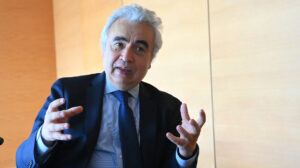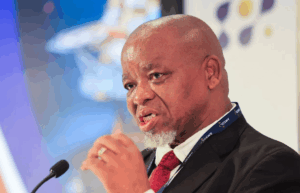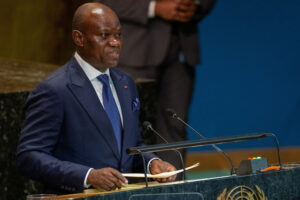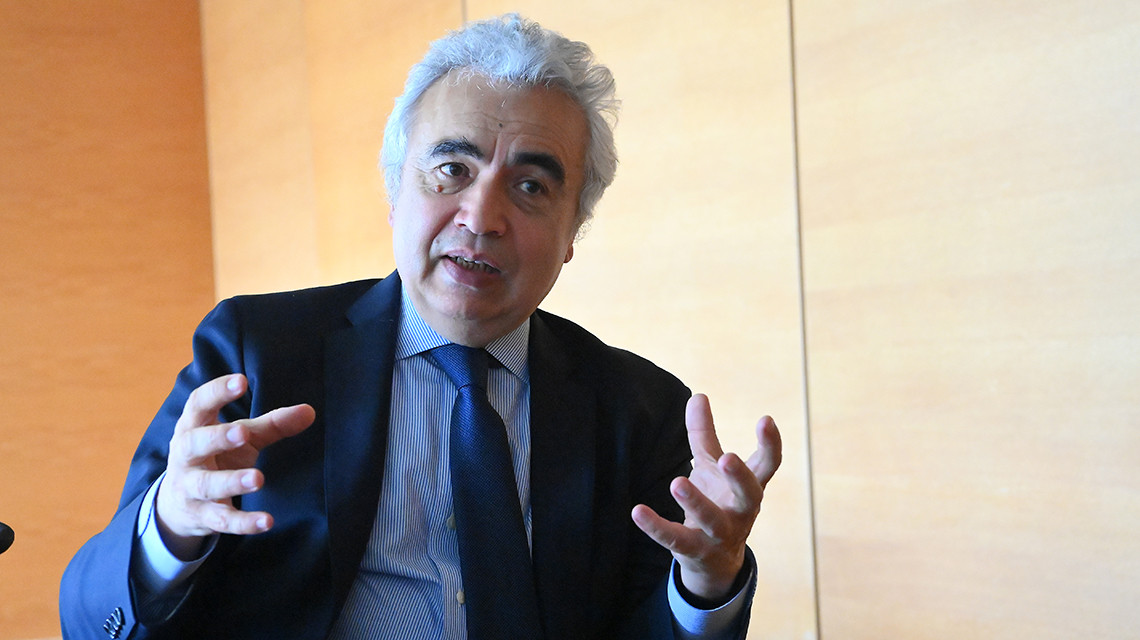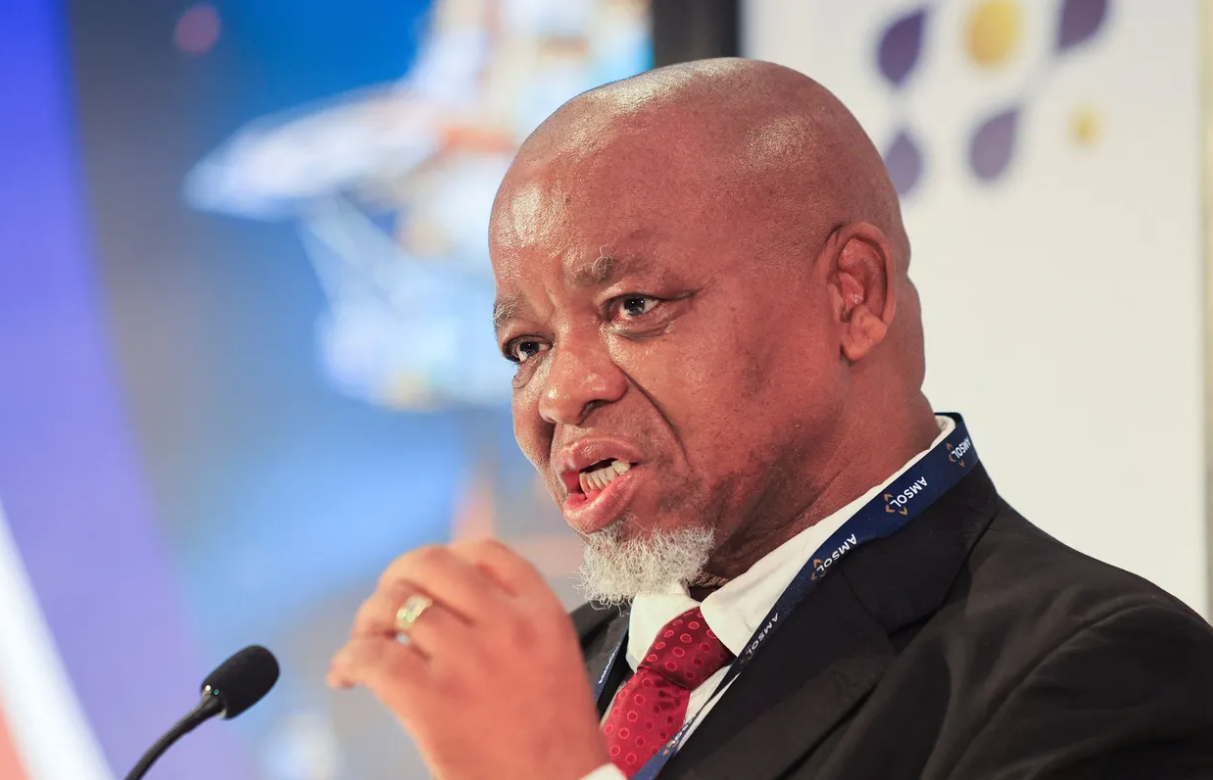The world’s biggest asset manager announced last week Thursday it will leave the $60-trillion 0Net Zero Asset Managers Initiative (NZAMI), the latest Wall Street firm to depart an environmentally focused investor group under pressure from Republican politicians and, chiefly, from the return of Donald Trump to the White House.
BlackRock, which manages some $11.5 trillion, said that with two-thirds of its global clients committed to cutting emissions to net zero, it had made sense to join groups like the organization known as NZAMI.
“However, our memberships in some of these organisations have caused confusion regarding BlackRock’s practices and subjected us to legal inquiries from various public officials,” leading to the departure, according to a note sent to the media.
Its departure, BlackRock said, “does not change the way we develop products and solutions for clients or how we manage their portfolios.” The firm said its active portfolio managers “continue to assess material climate-related risks.”
Trump’s second coming has put a spotlight on BlackRock CEO Larry Fink, with allies like Vivek Ramaswamy, the incoming Department of Government Efficiency leader, and Elon Musk labeling Fink as the “king of the woke industrial complex.” Vanguard and State Street have also not been spared the criticism in this context. During his first term, Trump withdrew from the Paris Agreement, and he is widely expected to do so again in the coming weeks.
BlackRock’s About-Face: What Does It Mean for the Future of Sustainable Investing?
BlackRock’s decision to withdraw from the NZAMI marks a significant shift in the global investment landscape, particularly regarding sustainability and climate commitments. The initiative boasts 273 signatories, representing over USD 61 trillion in assets under management. South Africa’s Old Mutual Investment Group is part of NZAMI, as disclosed in its 2024 Responsible Investment Statement.
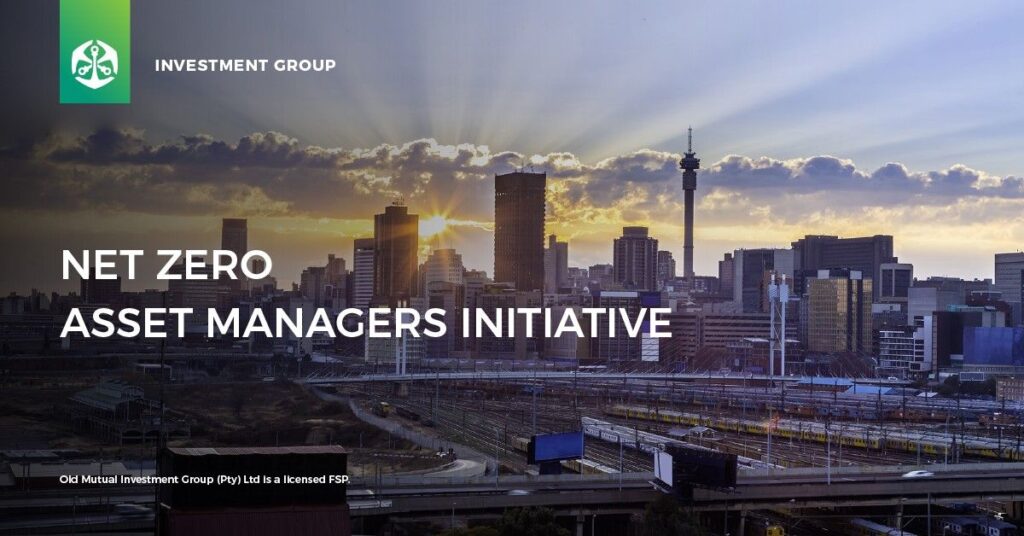
After expressing disappointment over BlackRock’s exit from the Net Zero Asset Managers Initiative (NZAMI), the organisation issued a more resigned statement on Monday.
“Recent developments in the U.S. and varying regulatory and client expectations in investors’ jurisdictions have prompted NZAM to launch a review of the initiative. This review aims to ensure that NZAM remains fit for purpose in the new global context. Signatories will be consulted throughout this process and kept informed of any updates in a timely and transparent manner.” The “fit for purpose” appears a few times on the NZAMI website.
Analysts suggest that BlackRock’s retreat could potentially revitalise funding for coal fleets, as it may embolden other investors to reconsider their commitments to divestment from fossil fuels. With major financial institutions stepping back from climate alliances, there is a possibility that capital previously directed towards renewable energy could be redirected towards coal and other fossil fuel project
As the world’s largest asset manager, BlackRock’s exit could have profound implications for South Africa’s Just Energy Transition, a crucial framework aimed at addressing energy poverty while promoting sustainable development and reducing carbon emissions.
Could Just Energy Transition Plans Hit Turbulence Amid Global Funding Reversal?
The departure signals a broader retreat from climate-focused initiatives among major financial institutions, driven by political pressures and legal challenges. This trend may lead to reduced availability of climate financing for projects in South Africa, particularly those aimed at transitioning to renewable energy sources. The Just Energy Transition relies heavily on investment in clean energy technologies, and diminished commitment from large asset managers could hinder progress.
A Win for Coal Proponents
The political landscape in South Africa is complex, with various stakeholders advocating for differing approaches to the energy transition. Current Minister of Minerals and Energy, Gwede Mantashe, has been a prominent figure in this debate, often expressing support for further investment in coal generation. His stance reflects a broader tension within the government regarding the pace and direction of the transition to renewable energy sources.
South Africa’s Minister of Energy, Kgosientsho Ramokgopa, who now leads energy policy, has been actively conducting public consultations to revise the Integrated Resource Plan, due for publication sometime this year. His strong partnership with Eskom has contributed to a period of stability at the national utility, achieving nearly a year without power blackouts.
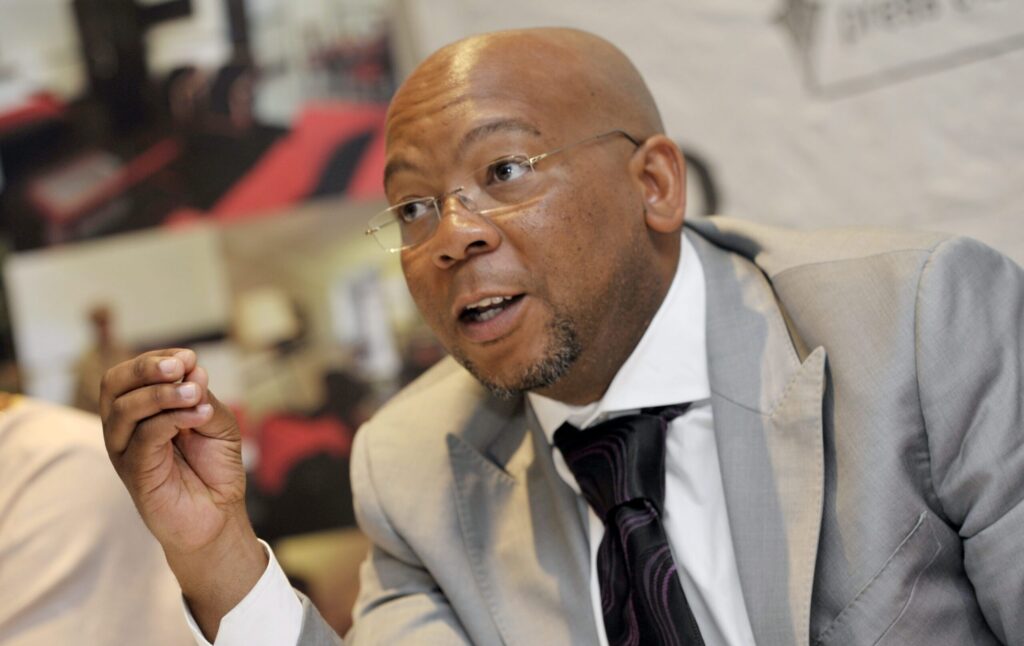
BlackRock’s Decision: A Potential Game-Changer for Eskom’s Capital Raising Efforts
With traditional investors like BlackRock stepping back, Eskom may find opportunities to engage with alternative funding sources that are less focused on ESG criteria. This could include private equity firms or local investors willing to finance coal operations as part of a transitional strategy.
Reduced pressure from traditional capital markets could encourage Eskom to pursue funding for projects aimed at modernising its coal fleet rather than transitioning away from coal entirely.
Critically, the potential for government intervention promised by Minister of Electricity and Energy Kgosientsho Ramokgopa, along with more favourable conditions in capital markets, suggests that Eskom’s request for a substantial 36% increase in electricity tariffs for the 2025 financial year could potentially be revised.
BlackRock’s exit illustrates how external political pressures can influence investment decisions. As U.S.-based firms like BlackRock respond to conservative backlash against ESG (Environmental, Social, and Governance) initiatives, South African policymakers may face challenges in attracting foreign investment necessary for their energy transition goals and, in the short term, could retreat to the tried and tested Megawatt Park.
ESG Frontiers| @LloydNedohe on X | info@esgfrontiers.co.za |2025



